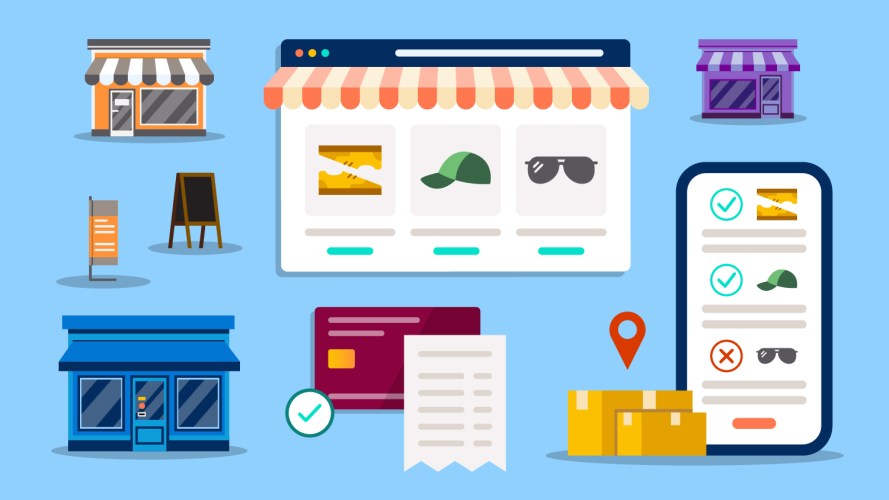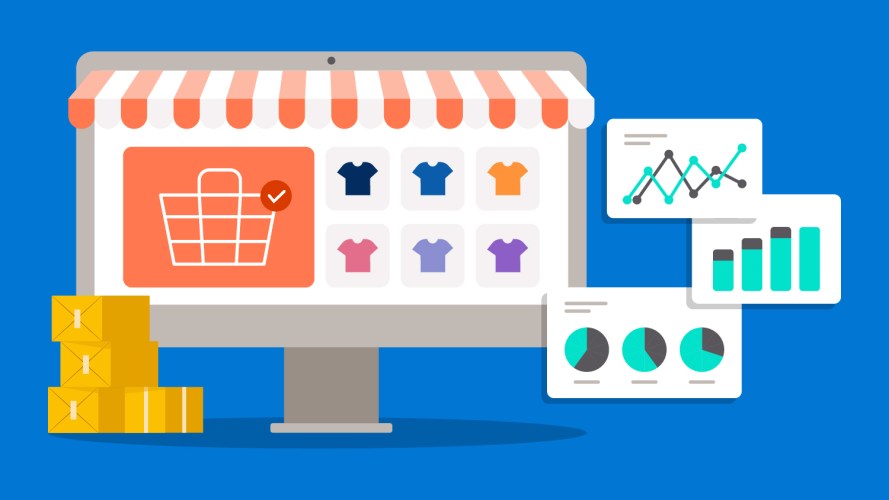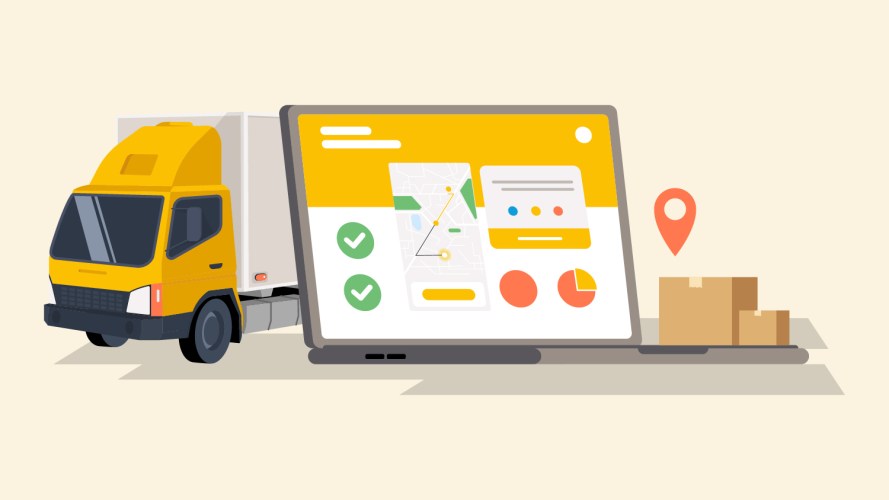Expanding B2B Commerce Across Borders? Consider These 4 Factors First



Global expansion can bring a wealth of growth opportunities. With new markets come new customers, fresh talent, and diversification opportunities. Here are a few things B2B commerce should consider.

Andy Peebler
Companies have an immediate need to grow. And while some focus their growth efforts domestically, others have an interest in expanding internationally.
Global expansion can bring a wealth of growth opportunities. With new markets come new customers, fresh talent, and diversification opportunities. In fact, 87% of U.S. firms believe that international expansion is necessary for long-term growth, according to a 2016 Wells Fargo survey.
But with different languages, unique customs, and varying levels of digital infrastructure, global expansion also brings complexity. Additionally, international B2B businesses tend to use a greater variety of commercial models, which can further complicate expansion plans.
Though there are complexities and challenges, the rewards of going global are worth the investment. Decision-makers should actively think about the best ways to be successful in a new market. Consider factors such as your customer experience, your technical readiness, international regulations, and more.
Four factors to consider when expanding globally
1. Start with your customer: It’s always good business to first consider your customer when making major decisions, and global expansion strategies are no exception. Start with gaining insight into the experiences customers in your desired regions have with your products, their customers, and their channel partners. In the B2B industry, business models vary significantly and when you cross borders, the number of ways businesses buy and sell products grows exponentially.
For example, in some countries a B2B business might use its ecommerce site to sell to the brand, that then sells to the retailer. However, in other countries, B2Bs use ecommerce sites to sell to distributors who then sell to customers. Knowing how your customers buy and sell differently in each region will ensure success in your global expansion effort.
2. Understand your technical readiness: It’s also important to take a look at your technical readiness. How ready are your systems for commerce? Assess your CRM, coding, ERP, and warehouse management systems to determine if they are flexible and scalable.
Why? After launching in a new market, you’ll likely see a sudden uptick in sales. It is crucial to ensure that your warehouse management systems are ready to take on a significant increase in orders. Similarly, your CRM and coding systems need to be ready to support new languages, currencies, and customs.
3. Determine your business readiness: You may already have ecommerce and marketing managers in close proximity to your customers in larger territories, but you will want to consider who will maintain and drive updates to the commerce experience for the global region. Are there resources to support it?
For example, with growth in a new region comes new marketing initiatives to promote products and drive sales online. And a successful marketing initiative means an influx of new customers. Make sure systems and teams are ready to support a wave of new buyers, likely with unique buying behaviors and an increased need for customer service.
4. Know the regulatory environment: The international regulatory environment will also play a factor in an expansion strategy. For instance, the General Data Protection Regulation, which is the EU’s data privacy law, impacts how businesses handle customers’ identifying information — such as credit card information or email addresses. Across geographies, similar laws exist that vary based on location. Make sure you have gone through the proper steps to ensure all customers have opted into your database per the laws in each region.
Additionally, be ready to address new regulations for how products can be sold outside of the U.S. Industries like pharmaceutical, financial services, software, and chemical sales can face new regulations across borders. Certain chemicals may not be legal in other countries or software may be required to include some sort of encryption to be sold.
The right tools can make your global expansion plan a success
If you’ve considered the above factors and know that global expansion is right for your business, you’ll want to invest in tools that will make your expansion as seamless as possible.
Make sure you choose a CRM and marketing platform that is flexible, allowing you to adapt to new markets quickly and easily. With the right martech tools, you can create new business models on demand and update regularly to keep up with new customer expectations.
If your business is ready for global expansion in B2B, Salesforce is here to help. Learn more about our B2B Commerce offering today.























